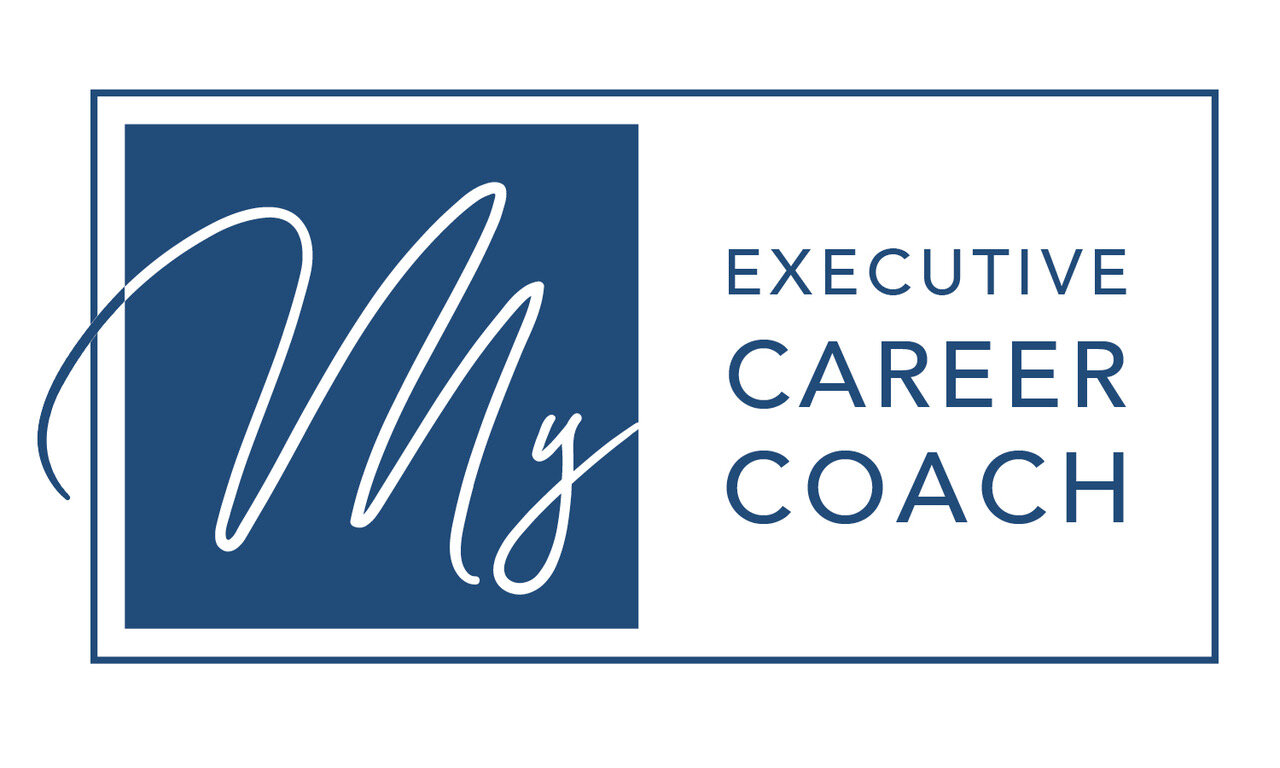By Linda Van Valkenburgh, MS, CCMC, CJSS, CSMCS, CELDC
https://www.linkedin.com/in/lindavan/
[email protected]
With 2020 in full swing, now is the perfect time for self-evaluation and reflection. This is different from the standard employee evaluation that your boss probably gave you at the end of 2019. Think of this as your opportunity to think about your career development.
Two common pitfalls that everyone falls into is complacency and overinflating one’s skills. As humans, we seek out comfort and positive affirmation. This can be detrimental to your career. The beginning of the year is the perfect time to do a self-assessment and shake things up. This will help expose you to new challenges and opportunities for your career in the coming year.
Have the Right Attitude
This project isn’t about self-reassurance or ego inflation. You need to have the right attitude and be honest with yourself throughout your entire self-assessment. People tend to overestimate their skills, so keep this in mind when looking at your strengths and weaknesses.
Start With Quantifiable Data
Gather any hard data that can help you evaluate your work performance. This data doesn’t lie and can help you pinpoint weak areas. Think about your performance and look at your track record. This could be anything from getting to work on time, meeting sales goals, or meeting project deadlines.
Your employer will look at this data to evaluate your performance and potential for career growth, so you need to know this information. It can also help you create a more robust resume by showing potential employers actual performance metrics and not just fluffy positive-sounding language.
What Do You Enjoy?
People tend to put more effort into the things they enjoy. You’ll find that these are the areas you perform best in. Identify the areas of your job that you love the most and the skills required for those tasks. Ask yourself a few questions to get started:
1. What have others complimented me on?
2. What am I good at?
3. What are my hobbies, and why do I like them?
4. What have I spent hours on and not gotten tired?
Once you have a list of these skills, look at ways you can build on and improve them. Building on these skills will ensure you don’t become complacent in your comfort zone. You’ll also learn how to apply these strengths to other areas and expand your skillset.
What Do You Dread?
Why do you not enjoy specific tasks? Is it because you aren’t mentally engaged or because you lack the skills to make these tasks easier. Look for weak points in your performance based on the feedback you receive. Then figure out ways you can address these weaknesses. Ask yourself these questions:
1. What projects drain my energy?
2. What have others complained about?
3. What have others had to help me with?
4. Are there things I continually forget or get wrong?
What the Industry Requires
If you want to move up within your industry, what will it take? Compare your current skillset and performance to the position you want to move into. Addressing and improving on your skillset will show your employer you’re committed to growth. If your employer isn’t committed to your growth too, then you’re better prepared to find career growth elsewhere.
Set Achievable Goals
Now that you know what you need to work on, you need to set measurable and achievable goals. Create a timeline wherein the next month; you’ll research ways to build on your skills. You’ll then set a deadline for signing up for a course, conference, or anything else that will help you improve. Create a mid-year check-in where you hold yourself accountable for progress.
Let’s get to work!
Linda
If you are ready to move your executive career forward contact me today at 203-323-9977 or [email protected]
